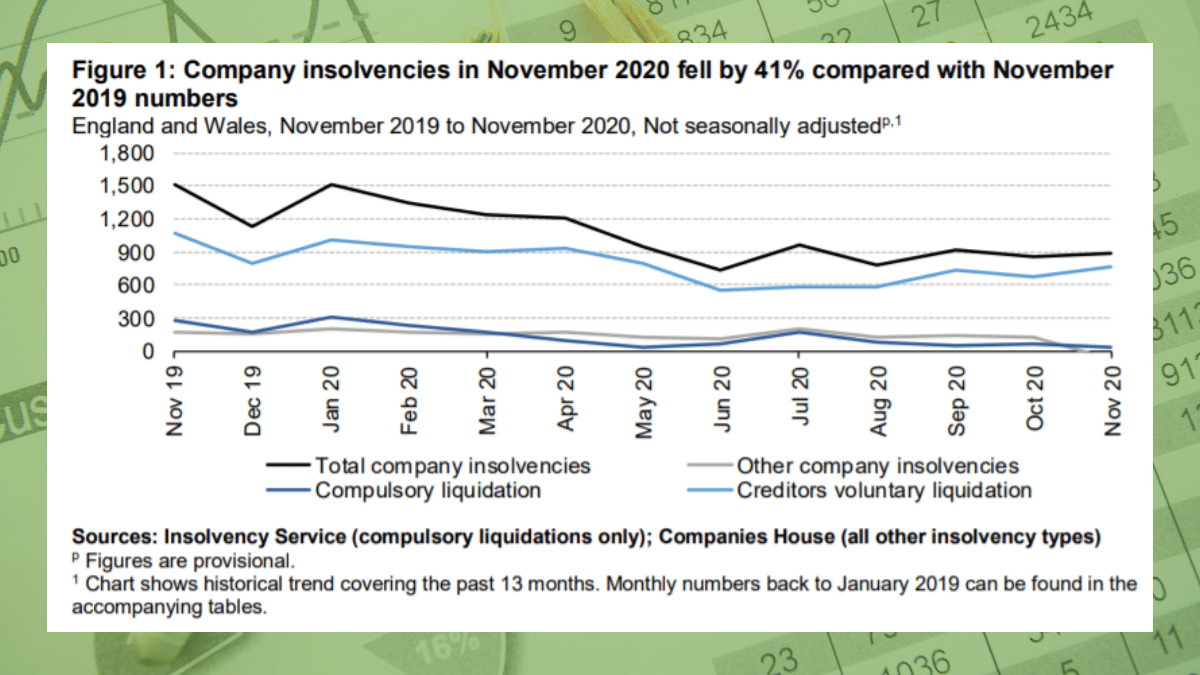Everything about Insolvency Practitioner
Everything about Insolvency Practitioner
Blog Article
Insolvency Practitioner for Beginners
Table of ContentsThe Greatest Guide To Insolvency PractitionerHow Insolvency Practitioner can Save You Time, Stress, and Money.The Ultimate Guide To Insolvency PractitionerInsolvency Practitioner Can Be Fun For AnyoneSome Of Insolvency PractitionerInsolvency Practitioner Can Be Fun For EveryoneIndicators on Insolvency Practitioner You Should Know
Bankruptcy is when liabilities are greater than the worth of the company, or when a borrower can not pay the debts they owe. A firm can become bankrupt because of a variety of situations that result in inadequate cash circulation. When faced with insolvency, a company or person can call financial institutions straight and restructure debts to pay them off.Insolvency can lead to bankruptcy procedures, in which lawsuit will certainly be taken versus the insolvent person or entity, and assets might be liquidated to repay impressive financial obligations. Local business owner may call financial institutions directly and restructure debts into even more convenient installments. Financial institutions are commonly open to this technique since they desire to be repaid and avoid losses, also if the settlement is on a postponed schedule.
Insolvency Practitioner - Truths
The owner develops a proposition outlining exactly how the debt might be restructured using price decreases or other prepare for support. The proposal shows lenders just how business may create adequate cash circulation for rewarding operations while paying its financial debts. Generally, a forgiven debt might be thought about income by the Irs (INTERNAL REVENUE SERVICE).

Some Known Facts About Insolvency Practitioner.
Business may wind up paying huge amounts of cash in problems and be overcome operations. When operations discontinue, so does the company's earnings. Absence of income results in unsettled expenses and creditors asking for money owed to them. Some firms come to be bankrupt since their items or services don't evolve to fit customers' changing needs.
Costs go beyond profits and expenses stay overdue. Kinds of bankruptcy include cash-flow insolvency and balance-sheet insolvency. Cash-flow bankruptcy takes place when a company has the possessions to cover their debts yet they are in the wrong type, such as genuine estate as opposed to fluid funds. Balance-sheet bankruptcy, on the various other hand, indicates a lack of possessions in any type of type to cover financial debts.
The internal revenue service states that an individual is bankrupt when the total liabilities exceed total properties. A personal bankruptcy, on the various other hand, is an actual court order that portrays how a bankrupt individual or organization will certainly repay their creditors, or exactly how they will offer their properties in order to make the repayments.
All About Insolvency Practitioner

Comprehending the factors that can bring about bankruptcy, such as overspending, can help you protect against bankruptcy and its consequences.
3 Easy Facts About Insolvency Practitioner Explained
It is popular that supervisors and you could check here officers of companies (and supervisors of limited responsibility business) owe fiduciary tasks to their companies and their investors (or participants). These fiduciary commitments are specified by state laws and, though there are variations from state to state, they usually consist of a duty of loyalty and an obligation of care.
The task of treatment calls for directors and policemans to work out persistance, to make informed choices, and to act in excellent faith to ensure that their activities remain in the very best rate of interest of the business. Though beyond the range of this discussion, some states enable these obligations to be restricted either by so noting in the organizational documents or abiding by various other requirements.
Insolvency Practitioner - The Facts
The majority of states specify bankruptcy in 2 methods( 1) when a business's responsibilities become more than the sum of its assets or (2) when the company ends up being incapable to pay its financial debts as they end up being dueand embrace both definitions (Insolvency Practitioner). The change in tasks occurs because when a firm is insolvent, there is no value in the company beyond that owed to the company's creditors to make sure that the equity owners no longer have an economic risk in the business
Take care regarding providing investors advantageous therapy at the expense of lenders (e.g., accrediting and funding a returns or a stock redemption). Take care regarding favoritism between courses of investors. Clear up efforts to discover all the facts prior to taking a click this details training course of activity; supervisors need to truly think that any type of choices made remain in the very best interests of the company in its whole (i.e., decisions will be reviewed in hindsight in light of the impact of such activities on the company).
In any kind of bankruptcy or insolvency case, payments made to specific creditors at the expense of various other creditors can be clawed back, especially if there is some link in between navigate to these guys the firm and the lender. Think about suggesting at a yearly stockholder meeting (or any type of other conference of stockholders) a resolution attesting that all previous company decisions and activities taken by the directors and officers of the corporation were absorbed great belief after an exercise of practical treatment.
The 6-Minute Rule for Insolvency Practitioner
Totally disclose any kind of individual or business connections with celebrations on the other side of transactions including the firm to prevent the look of a problem of rate of interest. In assessing possible fund elevating transactions or a sale of assets of the troubled company, realize that these transactions may be inspected later on in light of any subsequent growth of supervisors' fiduciary tasks to consist of creditors.
Report this page